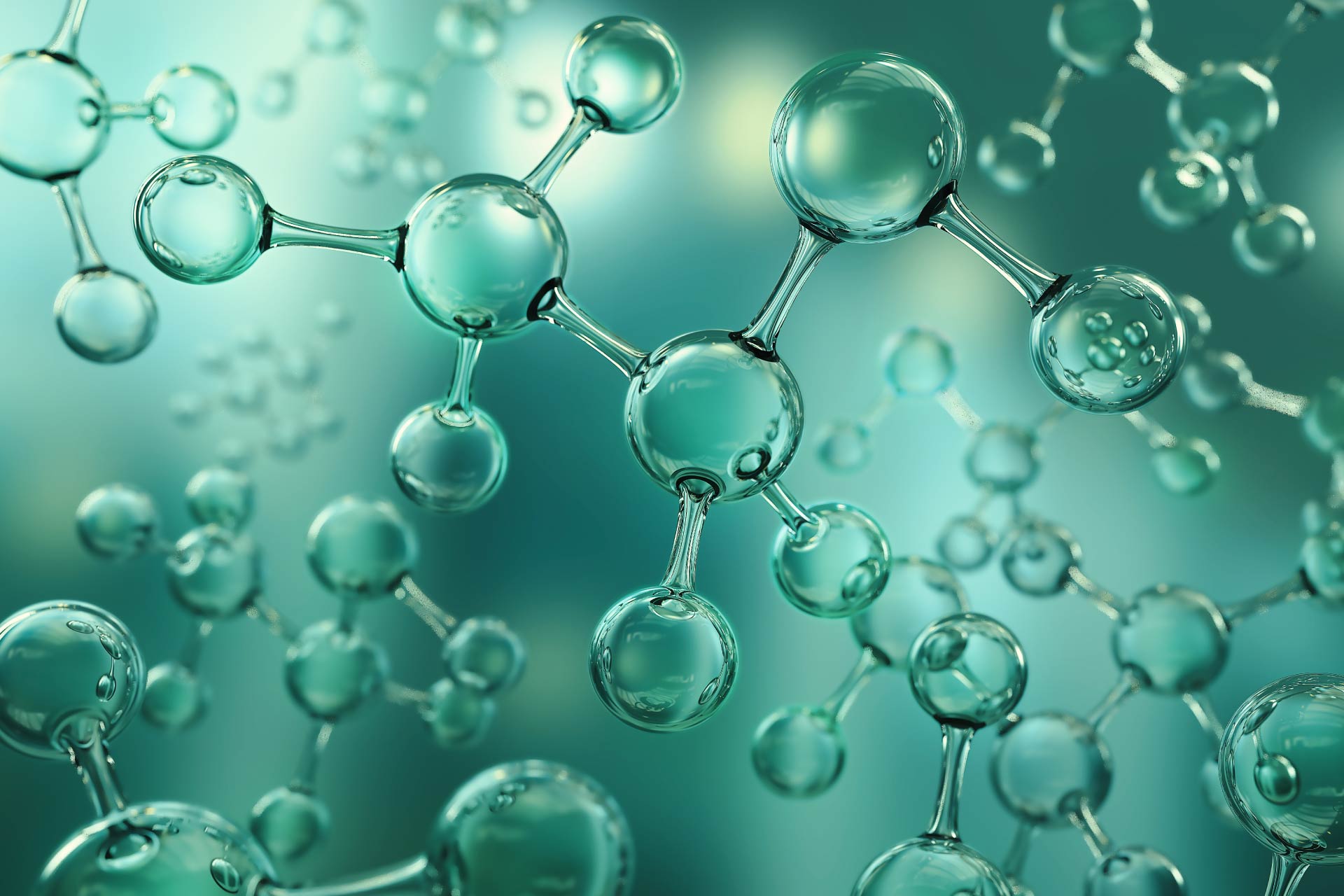• Altered sociability
• Liver connection
What is already known on this topic
People with alcohol use disorder present alterations of brain and immune system functions, as well as changes in the composition of the gut microbiota. Studies have shown that some microbial changes in people with alcohol use disorder correlate with the severity of symptoms, including alcohol craving. But whether the gut microbiota plays a role in the disorder is unclear.What this research adds
By analyzing the composition of the intestinal microbiota and various aspects of sociability in a group of people with alcohol use disorder, researchers showed that microbiota alterations are associated with metabolic changes that affect behavioral and neurological processes such as depression and neurotransmission, which are known to be involved in alcohol addiction. The production of ethanol by specific bacteria is associated with lower levels of a molecule produced by the liver, which could drive the neurological and behavioral alterations.Conclusion
The findings suggest that therapies aimed at restoring the gut microbiota through, for example, the administration of prebiotics could help to reduce the risk of relapse in people with alcohol use disorder.
Gut microbes have been shown to influence a variety of functions, including brain activity. Now, researchers have found that, in people with alcohol use disorder, the intestinal microbiota can induce changes in the liver metabolism, leading to altered social behaviors and depression.
The findings, published in Cell Reports, suggest that therapies aimed at restoring the gut microbiota could help people with alcohol addiction.
Individuals diagnosed with alcohol use disorder present alterations of brain and immune system functions, as well as changes in the composition of the gut microbiota. Studies have shown that some microbial changes in people with the disorder correlate with the severity of symptoms, including alcohol craving. But whether the gut microbiota plays a role in the disorder is unclear.
To explore the relationship between the composition of the intestinal microbiota and various aspects of sociability, Philippe de Timary and Nathalie Delzenne at the Universite ́catholique de Louvain and their colleagues studied a group of people with alcohol use disorder.
Altered sociability
First, the study participants were asked to complete a questionnaire that evaluated their well-being, self-control, emotionality, and sociability. Individuals with a leaky gut had lower scores of sociability. Two other personality questionnaires showed that introversion and social anxiety were also associated with intestinal permeability.
To assess the role of the microbiota in sociability, the researchers transferred bacteria from the intestine of people with alcohol use disorder and from healthy donors into the gut of mice. Compared with controls, individuals with alcohol use disorder had decreased levels of Faecalibacterium praustnizii, a bacterium with anti-inflammatory properties, and increased abundance of Lachnospiraceae.
Mice that received gut microbes from people with alcohol use disorder showed decreased abundance of Bacteroidetes and increased levels of Firmicutes. Verrucomicrobia, including Akkermansia muciniphila, were substantially higher compared to mice that received gut microbes from controls.
What’s more, rodents that received gut microbes from people with alcohol use disorder were less sociable than mice that received gut microbes from controls, and they showed depression-like behavior and high levels of cortisol in their blood, suggesting they had high levels of stress.
Liver connection
The brains of mice that received gut microbes from donors with alcohol use disorder showed altered functions, including disrupted neurotransmission and increased inflammation.
Further experiments showed that the production of ethanol by specific bacterial species, including Clostridium, Lactococcus, and Akkermansia, are associated with lower levels of beta-hydroxybutyrate, a molecule produced by the liver. Beta-hydroxybutyrate is an energy substrate for neurons and is involved in many brain functions. Exposing mice for 6 weeks to a ketogenic diet restored beta-hydroxybutyrate levels.
Even in people who had not had alcohol for 3 weeks, the researchers observed low plasma levels of beta-hydroxybutyrate and social impairments, depression, and alterations in brain function.
The findings suggest that restoring the gut microbiota through, for example, the administration of prebiotics could decrease the risk of relapse in people with alcohol use disorder, the researcher say.









